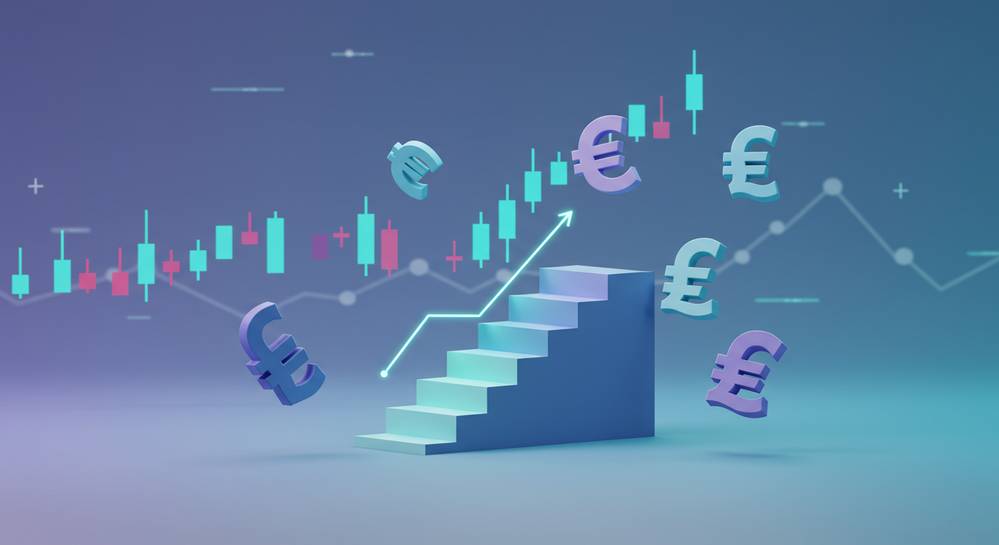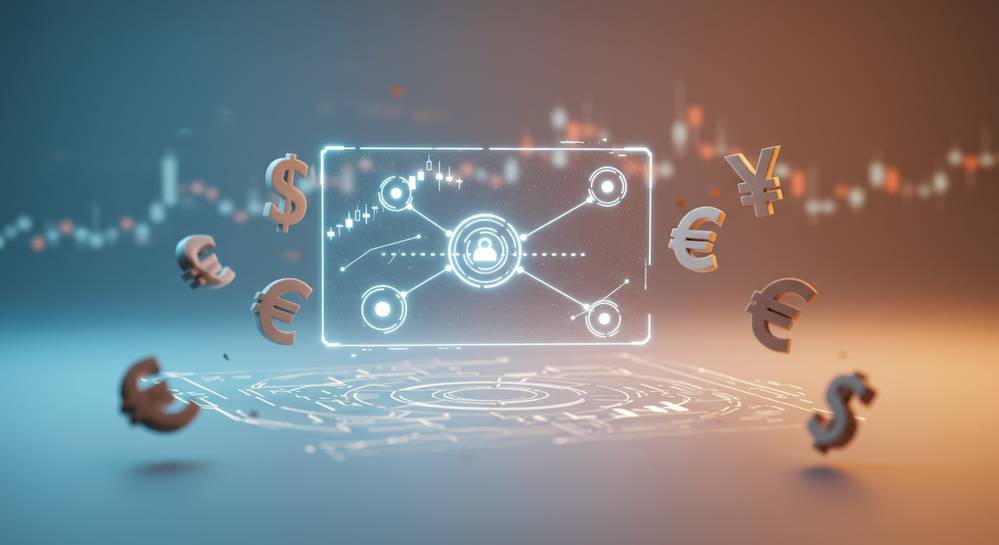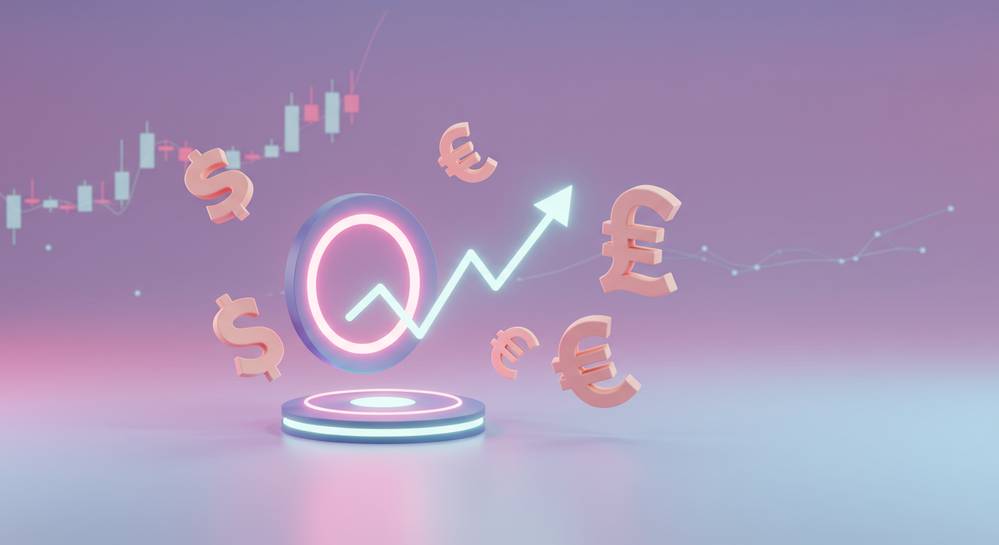Venturing into the foreign exchange market can feel overwhelming, but it offers significant opportunities for those who are well-prepared. This guide provides a clear roadmap on how to start forex trading for newbies. We will break down the entire process into simple, actionable steps, from understanding the core concepts to making your first trade, ensuring you begin your journey with confidence and a solid strategy.
Understand the forex market fundamentals

Before you start forex trading, grasping the market’s core principles is essential. The foreign exchange (FX) market is where currencies are traded. It is the largest financial market in the world. Trading involves speculating on currency price movements by buying one currency while selling another. This is always done in pairs, like the EUR/USD or USD/JPY.
Understanding the different types of currency pairs is a key part of how to start forex trading for newbies. Each type has distinct characteristics regarding liquidity and risk.
- Major Pairs always include the US dollar and are the most traded. They offer high liquidity and tighter spreads, making them ideal for beginners.
- Minor Pairs consist of major currencies other than the US dollar, such as EUR/GBP. They are also liquid but can have wider spreads than majors.
- Exotic Pairs match a major currency with one from an emerging economy, like USD/TRY. These are less liquid, more volatile, and carry higher risk.
Market prices are driven by economic and political factors. Central bank interest rate decisions, GDP reports, inflation data, and geopolitical events all impact currency values. Learning to interpret this information is a crucial part of fundamental market analysis and building a solid trading strategy.
Choose a reliable forex broker
Selecting the right forex broker is a critical step when learning how to start forex trading for newbies. A broker provides the platform to execute your trades, so their reliability directly impacts your success. Your chosen broker should be a trustworthy partner that safeguards your funds and offers excellent trading conditions. Making the right choice from the start prevents future complications.
To find a dependable partner, focus on these core elements:
- Regulation and Security: Only use brokers regulated by top-tier financial authorities like the UKs Financial Conduct Authority (FCA) or the Australian Securities and Investments Commission (ASIC). Regulation ensures your funds are protected and the broker operates fairly.
- Trading Platform: The platform must be stable and user-friendly. Test it using a demo account to check its execution speed and tools. A poor platform can lead to costly errors.
- Fees and Spreads: Brokers earn from spreads and commissions. Look for competitive spreads and a transparent fee structure. Similar to how you would choose a crypto exchange for beginners, always check for hidden costs.
Develop a trading plan and strategy

Trading without a plan is like navigating without a map. A structured trading plan is a vital tool for anyone learning how to start forex trading for newbies. It removes emotion from your decisions and provides the discipline needed for long term success. This framework should outline your goals, risk tolerance, and the specific strategies you will use to enter and exit the market.
Your plan must be personal and realistic. Here are the core components to define:
- Set Clear Goals: Define what you want to achieve with your trading. Your goals should be specific, measurable, and attainable. This provides direction and helps track your progress.
- Define Your Risk Tolerance: Decide the maximum you are willing to lose per trade. A common rule for beginners is to risk no more than 1-2% of your capital on a single position. Properly managing your risk is the key to survival.
- Choose a Trading Strategy: Research different strategies like scalping, day trading, or swing trading. Find one that matches your personality, schedule, and risk appetite. Test it thoroughly before committing real capital.
Open an account and place your first trade

With your knowledge and plan ready, it is time for action. However, the most important rule in how to start forex trading for newbies is to never risk real money at the beginning. Your first step is opening a demo account with your chosen broker. This provides a risk-free environment to trade with virtual funds while experiencing real market conditions.
Practice with a demo account
Use your demo account for at least a few weeks. This period is crucial for testing your trading strategy and becoming familiar with the platform. Practice executing trades and managing your positions. Learn to use essential risk management tools like stop-loss orders, which limit potential losses, and take-profit orders, which secure profits at a target price. This hands-on experience is invaluable.
Transition to a live account
After achieving consistent positive results in your demo account, you can consider going live. Start with a small deposit that you are prepared to lose. The psychological pressure of trading with real money is significant. Execute your first trades with the same discipline and strategy you perfected in the demo environment. Sticking to your plan is vital for managing emotions and building confidence.
Beginning your forex trading journey is about diligent preparation, not rushing for quick profits. By understanding the market, choosing a regulated broker, creating a disciplined plan, and practicing extensively, you build a foundation for success. Remember that continuous learning is key to navigating the dynamic world of forex. To explore more insights and advanced strategies, visit Crypto Market Pulse for expert guidance on your financial journey.


